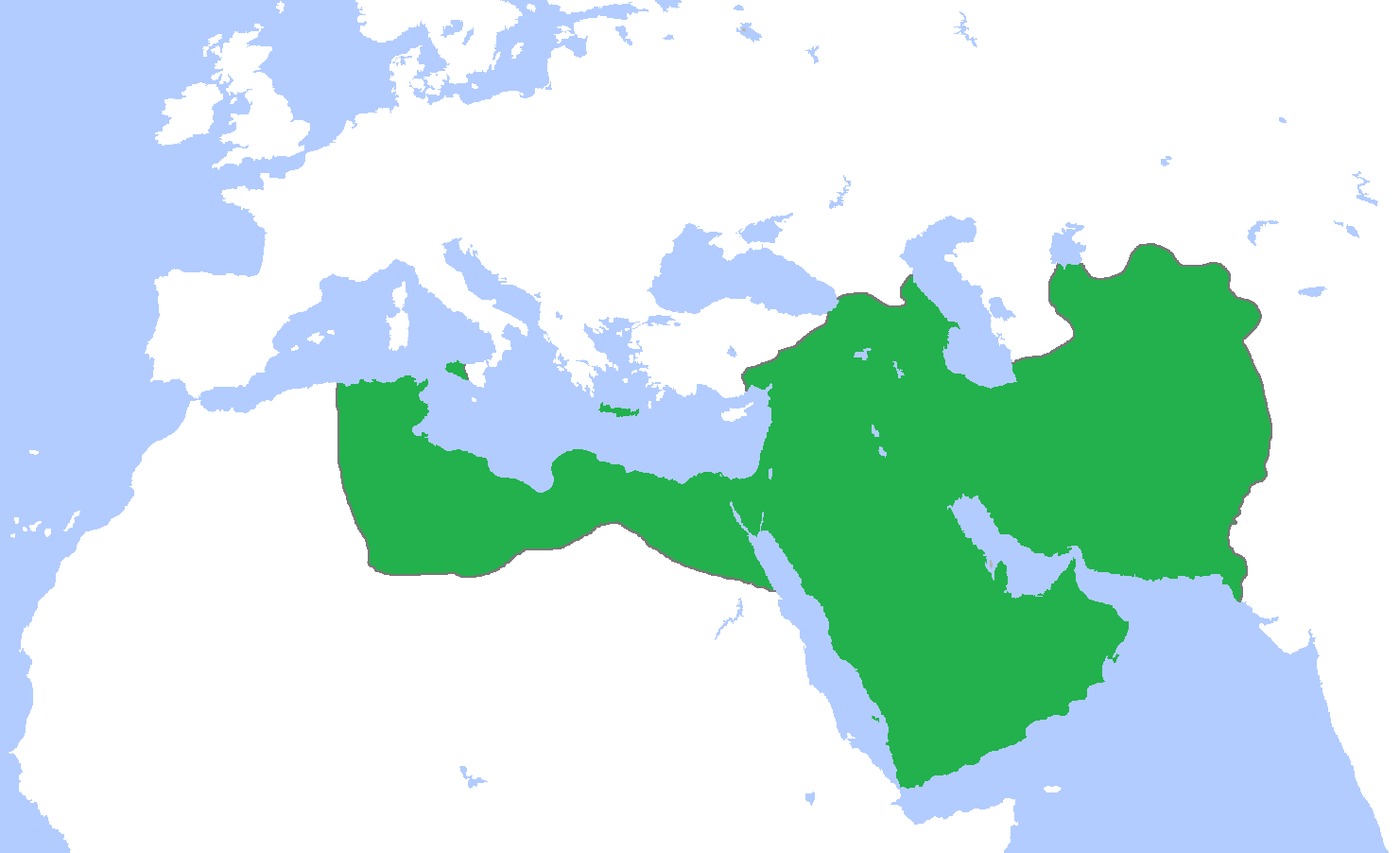- Reaction score
- 0
- Points
- 210
IS in Afghanistan
News reports suggest that the Islamic State (IS) is struggling to achieve its ambitious expansion into Afghanistan. Earlier reports revealed that IS was well on its way to consolidating its foothold in the country, with disgruntled Taliban fighters in some provinces rebranding themselves under the IS flag. However, according to NATO officials, IS has been hampered due to the Taliban fighting back under its new leadership, the Afghan government’s resistance, and US drone strikes on its forces. In addition to the pushback against IS, it is also theorised that since Afghanistan, unlike Syria and Iraq, has a majority of Sunni Muslims, the IS cannot feed off pre-existing sectarian tensions (the marginalised and persecuted status of the Hazara Shias notwithstanding). The barbarity of their acts, where they are seen to murder droves without reason has also been a factor that has horrified and repelled the Afghan people. It is indeed shocking to imagine what kind of brutality the IS practices, that the Taliban under Mullah Akhtar Mansour are seeking to appear as the bulwark to hold it back and trying to assert themselves as a ‘legitimate’ Islamist group.
The spectre of IS expanding its reach to other territories and spreading its brand of relentless savagery to other corners of the world is a fearful one. In a strange way, the Taliban’s success in containing them is welcome, especially when it is not just the Taliban who are resisting but also a quasi-coalition of the Afghan government, NATO and ordinary Afghan citizens. The IS has ambitions of world domination, and the appeal they currently have for disaffected people from all over the globe has to be countered. The IS and its hateful ideology are unquestionably the worst threat facing humanity today, and it will be to the betterment of concerned regimes to place the need to fend off IS on the top of their priority list. Already we have evidence of how the IS has a tendency to focus the minds of its enemies against it, with Turkey letting go of its regional plans and ambitions to join the coalition airstrikes against IS in Syria. No alliance can be seen as too inconceivable to consider in the fight against IS and the threat of it encroaching on more territories. In the case of Afghanistan, it is a difficult decision but it is preferable to have only one major network of fighters rather than multiple, since if only the Taliban are being dealt with, they can be nudged to the negotiating table. Needless to say, the IS has never shown any proclivity for peace talks. All possible options and efforts must be utilised to stop it in its tracks. *



